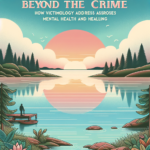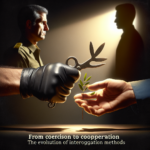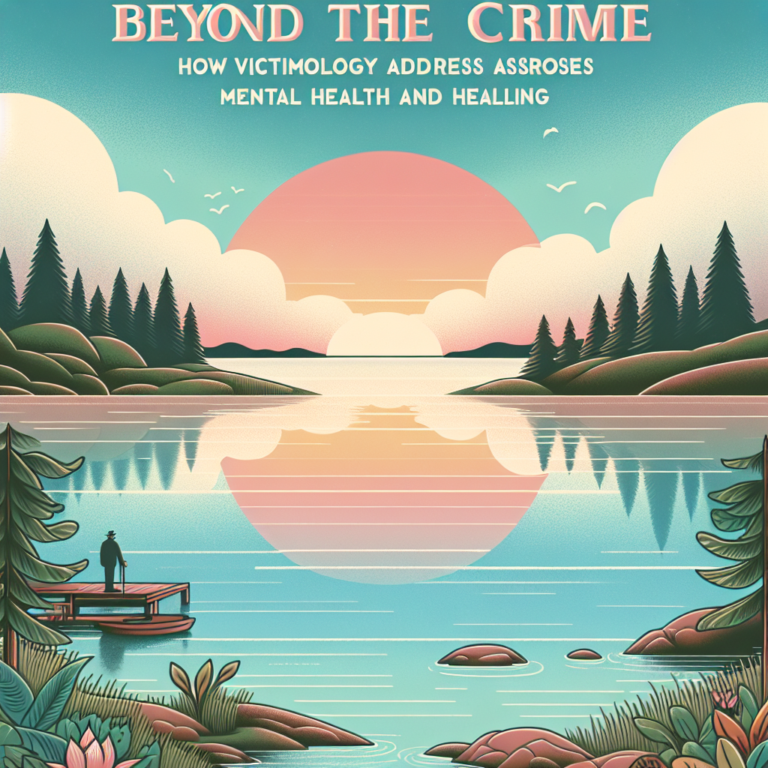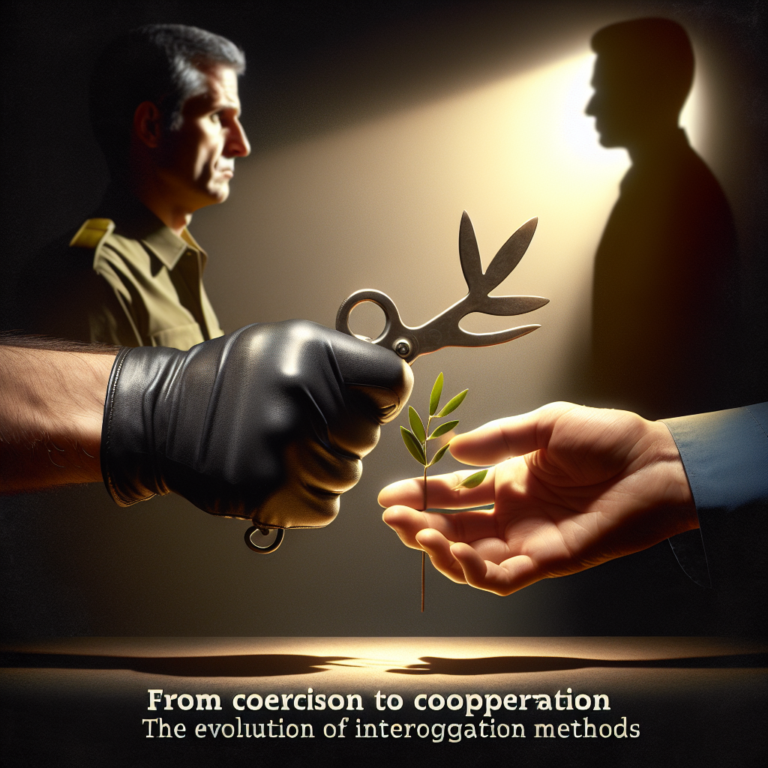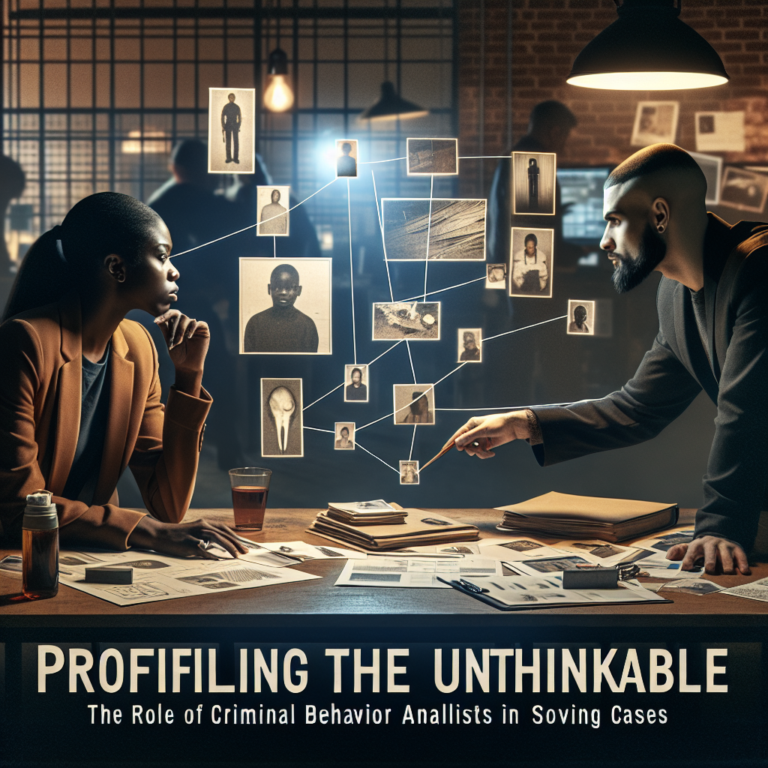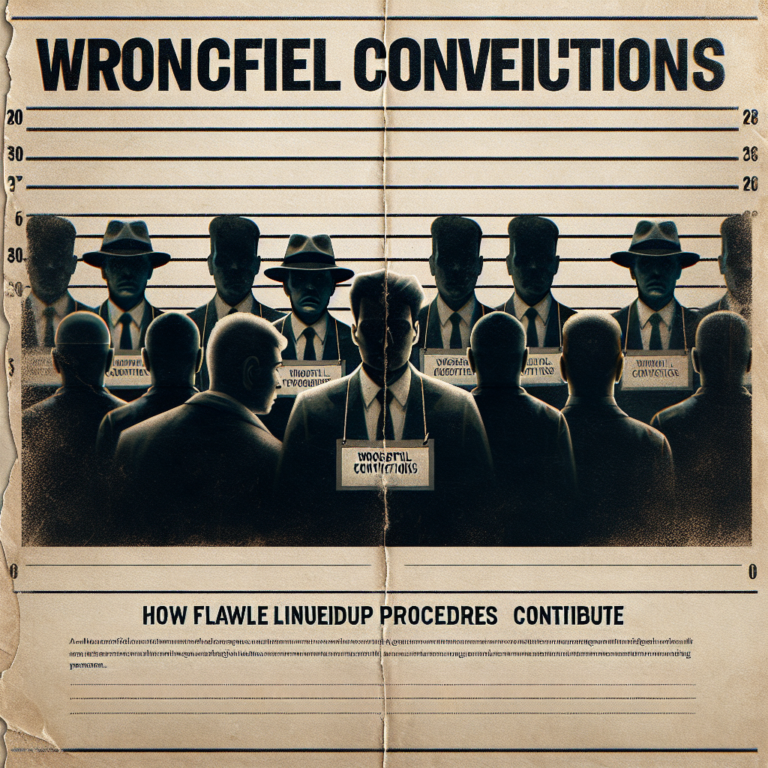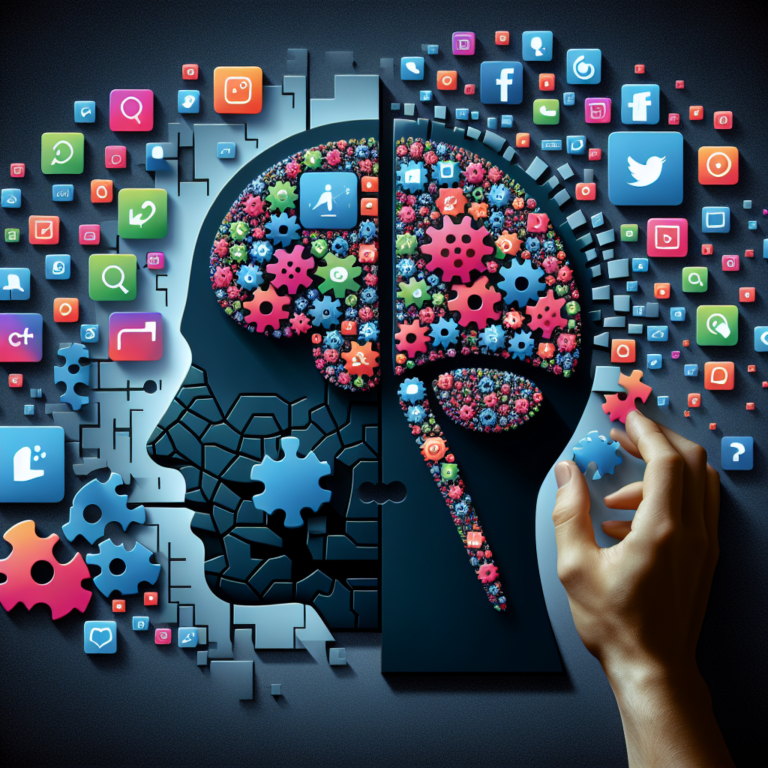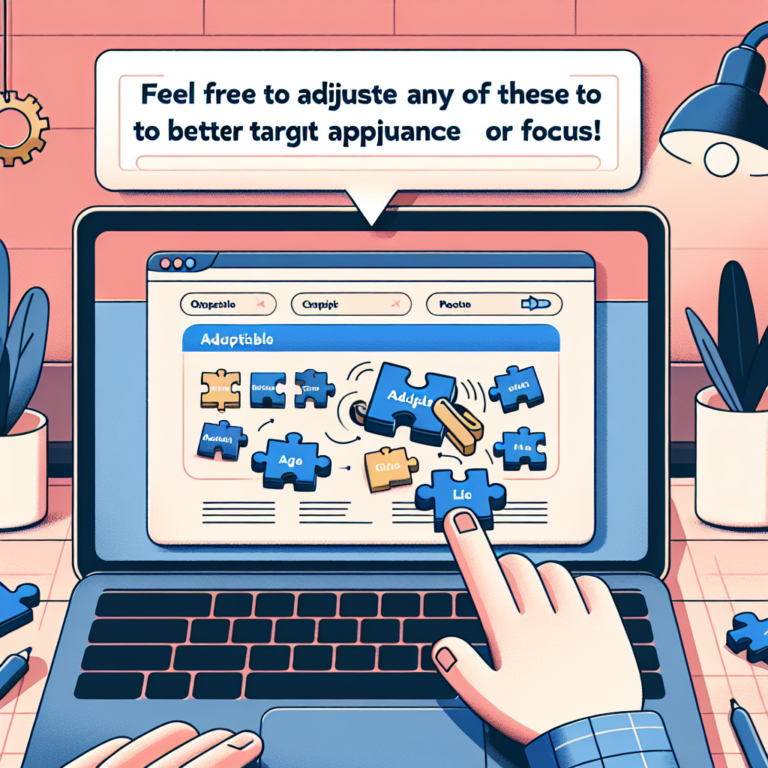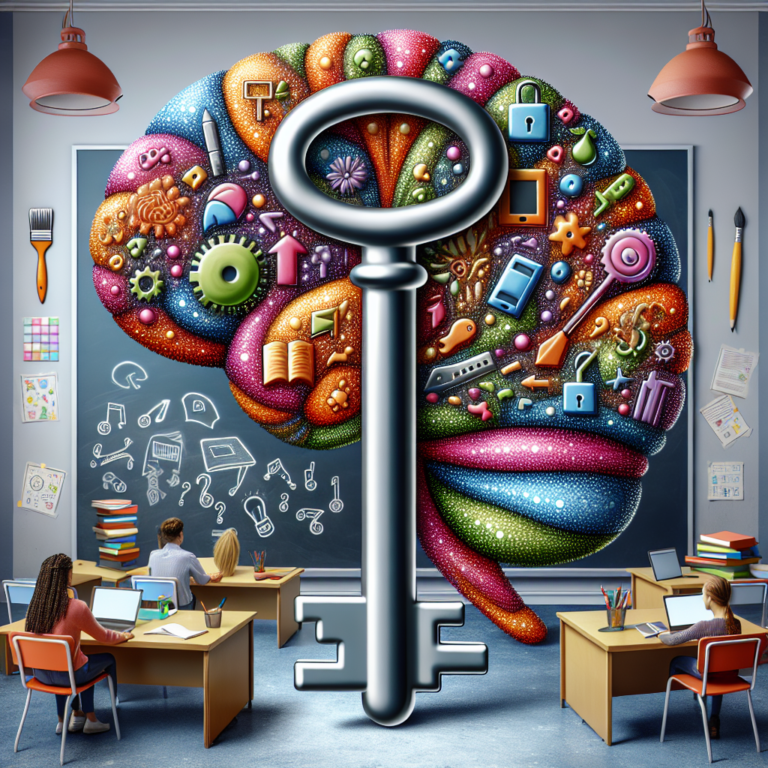
Introduction
In the intricate tapestry of the legal system, expert witnesses serve as crucial threads, weaving together the facts, complexities, and nuances of various cases. Navigating the Courtroom: How Expert Witnesses Influence Legal Outcomes is not just about understanding legal jargon—it’s about grasping the pivotal role these specialized individuals play in shaping judicial decisions. As trials become more sophisticated, the influence of expert witnesses has grown exponentially, making their testimony invaluable in guiding juries and judges alike.
Imagine a courtroom filled with tension: lawyers presenting their arguments, jurors leaning in with curiosity, and the weight of each decision hanging in the air. Amid this high-stakes environment, an expert witness steps forward, armed with knowledge and insights that could tilt the scales of justice. This article delves into the world of expert testimony, illustrating how these professionals can sway legal outcomes and provide insights that resonate far beyond the courtroom.
The Role of Expert Witnesses in Legal Proceedings
What Are Expert Witnesses?
Expert witnesses are individuals with specialized knowledge, education, or experience that qualifies them to provide an opinion in a court case. Their insights span a multitude of disciplines, including medicine, engineering, finance, and psychology. When navigating the courtroom, these experts help bridge the gap between complex subject matter and legal understanding.
Key Functions of Expert Witnesses:
- Clarification of Technical Complexity: Experts elucidate complicated topics, making them accessible to non-specialists.
- Validation of Evidence: They assess and validate evidence, ensuring it meets the necessary standards for credibility.
- Offering Objective Opinions: Expert witnesses provide unbiased analyses that can substantiate or challenge claims made by either party.
Types of Expert Witnesses
1. Medical Experts
Medical experts often play a vital role in personal injury, malpractice, and workers’ compensation cases. Their testimony can clarify diagnoses, treatment plans, and standards of care.
Case Study: Consider the case of Doe v. Hospital. A medical malpractice claim hinged on whether the surgeon adhered to accepted medical practices. The plaintiff brought in a renowned orthopedic surgeon who testified regarding the surgical protocols. The jury, influenced by this credibility, awarded the plaintiff damages that reflected not only medical costs but also emotional suffering.
2. Forensic Experts
Forensic experts analyze physical evidence related to criminal cases. Their insights can include ballistics, DNA analysis, and toxicology reports.
Case Study: In State v. Smith, a forensic expert analyzed ballistics evidence and established that the bullet came from a specific firearm. This vital testimony helped secure a conviction, demonstrating how expert insights can be a game-changer in criminal proceedings.
3. Financial Experts
In cases involving fraud, bankruptcy, or family law, financial experts provide crucial insight into monetary matters.
Case Study: In a highly publicized embezzlement case, a forensic accountant uncovered anomalies in financial statements that were pivotal in the prosecution’s case. The expert’s clear explanation of complex financial transactions made it easier for jurors to understand, ultimately leading to a guilty verdict.
The Impact of Expert Testimony on Legal Outcomes
The Persuasive Power of Expertise
Expert witnesses can significantly bolster the credibility of a party’s case. Their professional background allows them to lend authority to arguments, affecting jurors’ perceptions and, consequently, their decisions.
Research Insight: Studies show that jurors tend to favor testimony from experts with prestigious affiliations or extensive experience. Thus, the choice of an expert witness can be a strategic decision, heavily influencing case outcomes.
Cross-Examination: The Battlefield for Credibility
While expert testimony can be persuasive, it is often scrutinized during cross-examination. An effective cross-examination seeks to unravel the expert’s credibility, questioning their motives, qualifications, or methodologies.
Key Strategy: Legal teams often prepare extensive questions to expose potential biases or errors in an expert’s testimony, underscoring the dynamic nature of courtroom navigation.
Expert Witnesses and Their Influence: Real-World Examples
Case Studies Demonstrating Influence
The Dateline Case: In a high-profile wrongful conviction case, a DNA expert testified about the impossibility of the defendant being at the crime scene. The testimony ultimately led to a re-evaluation of the conviction, illustrating the influence that expert witnesses can exert on the legal system.
- The Tobacco Trial: During litigation against a tobacco company, a public health expert outlined the risks of smoking with compelling data and visuals. This expertise not only shaped jury perceptions but also influenced legislative discussions and public policies on smoking.
Limitations and Challenges
Despite their significant role, expert witnesses are not infallible. Challenges include:
- Conflicting Opinions: Competing experts may present conflicting testimony, complicating cases.
- Bias Concerns: The credibility of an expert can be questioned based on their financial incentives or connection to a particular side.
Navigating the Courtroom: Strategies for Effective Expert Use
Choosing the Right Expert
The selection of an expert can make or break a case.
- Assess Qualifications: Ensure the expert’s qualifications are relevant and respected.
- Review Past Testimonies: Analyze their previous courtroom experiences to gauge their effectiveness.
Preparing the Expert
Preparation is key. Effective preparation involves:
- Conducting Mock Trials: Simulating courtroom scenarios helps experts anticipate questions and refine their responses.
- Focusing on Communication: Experts should be trained to convey complex information clearly and concisely.
Timing and Presentation
The timing of expert testimony can also influence its impact. Introducing experts at strategic points can maintain juror engagement and maximize persuasive effects.
Conclusion
In Navigating the Courtroom: How Expert Witnesses Influence Legal Outcomes, it becomes evident that while the legal process may seem daunting, expert witnesses serve as beacons of knowledge and clarity. They translate complex subject matter into understandable concepts, guiding juries and judges through the intricacies of the case.
The interplay between expert testimony and legal outcomes underscores the importance of strategic preparation, selection, and presentation. As the legal landscape continues to evolve, the role of expert witnesses will undoubtedly expand, making them indispensable allies in the pursuit of justice.
Takeaway
Embracing the expertise of knowledgeable witnesses can significantly enhance a case’s success. Whether you are a lawyer or someone interested in the legal field, understanding how to harness the power of expert testimony is crucial for navigating the often tumultuous waters of the courtroom.
FAQs
1. What qualifications do expert witnesses need?
Expert witnesses should have advanced degrees or extensive professional experience in their field, as well as a proven track record of testifying effectively in court.
2. How is expert testimony used in court?
Expert testimony is used to clarify complex issues that require specialized knowledge, assisting juries in understanding evidence relevant to the case.
3. Can expert witnesses be challenged in court?
Yes, expert testimony can be challenged through cross-examination, questioning their qualifications, methods, and potential biases.
4. What types of cases benefit most from expert witnesses?
Personal injury, criminal cases, family law disputes, and cases involving financial fraud often benefit significantly from expert testimony.
5. How can lawyers prepare expert witnesses for trial?
Lawyers can prepare experts by conducting mock trials, providing detailed briefs on case specifics, and focusing on clear and effective communication tactics.
By understanding Navigating the Courtroom: How Expert Witnesses Influence Legal Outcomes, we unlock the potential for more informed legal strategies, ensuring justice is served with clarity and confidence.

